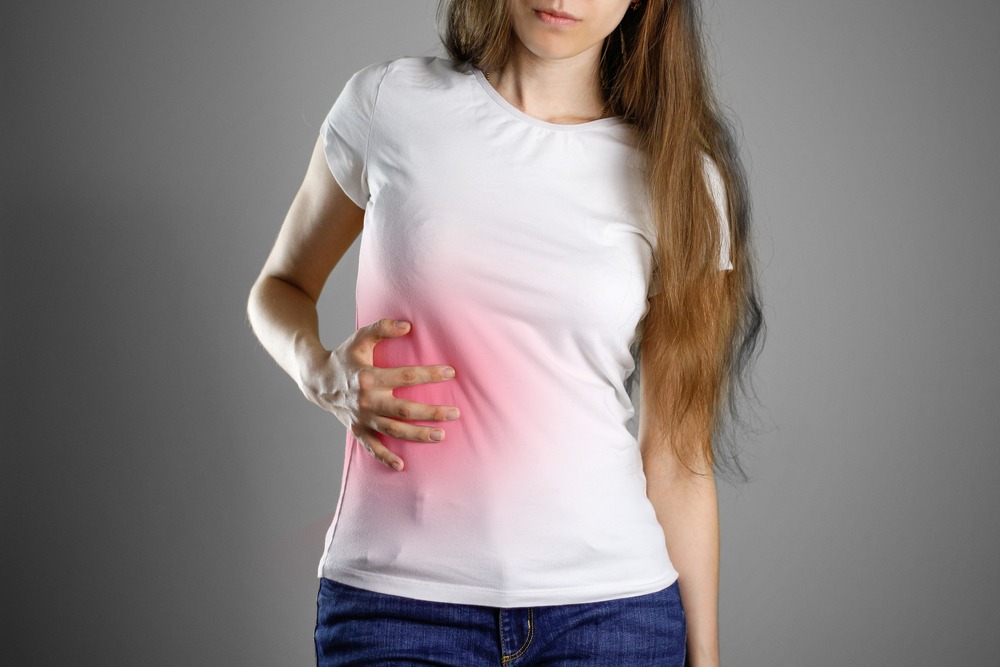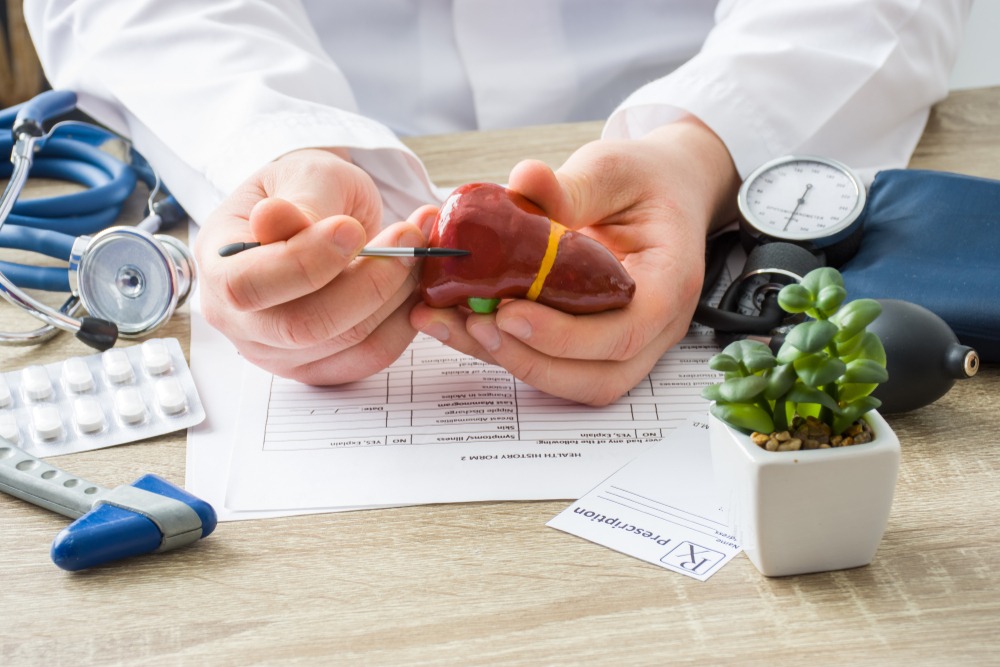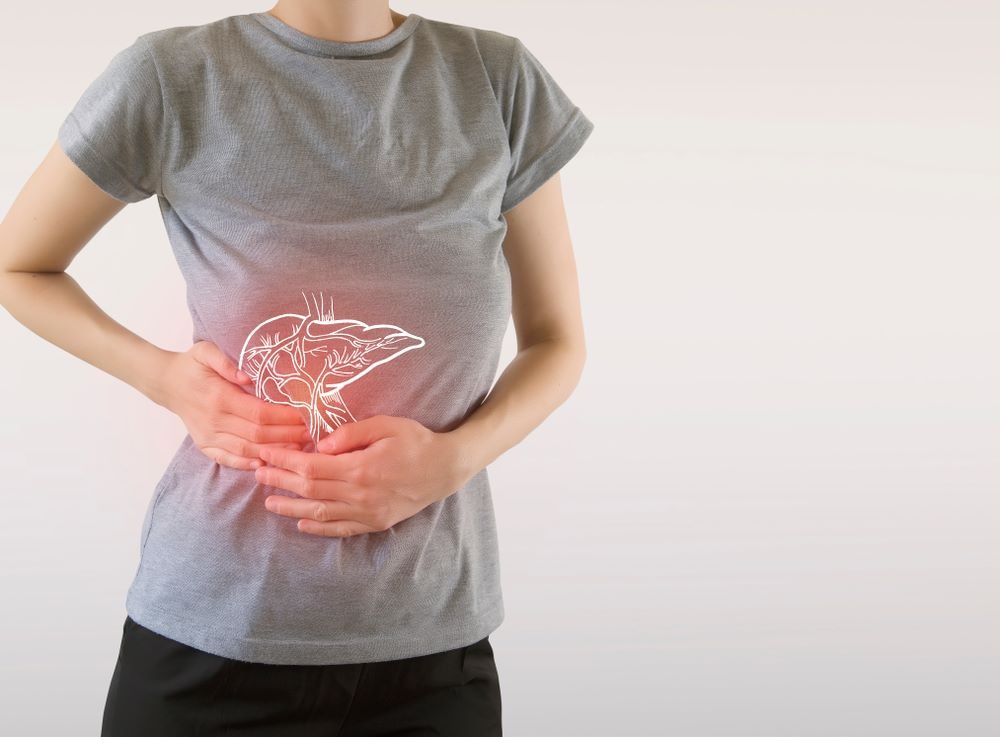
The liver is an important organ in the body, responsible for many functions. It produces bile to help digest fats, sugars and proteins. The liver also filters out toxins from the body and stores some of the excess glucose that is not needed at that time. It also produces clotting factors, which are essential for blood clotting.
What Are the Signs of Liver Toxicity?
Liver toxicity is a condition in which the liver becomes inflamed and starts to malfunction. This can be caused by many factors, like alcohol consumption, drug use, or even a virus.
Symptoms of liver toxicity include:
Jaundice
The first sign of liver toxicity is a yellowing of the skin or eyes (jaundice). This is because the liver doesn’t produce enough bile, a fluid that helps digest food. The yellow color comes from the bilirubin, a byproduct of the digestion process, that’s how the liver starts to fail, it can’t get rid of bilirubin, which causes a yellow discoloration.
Dark Urine
In healthy people, urine is usually a light yellow color. But there are many reasons why it can change to a dark color including liver toxicity. It is always important to get it checked out by a doctor if you notice any changes in your urine.
Yellow Skin and Eyes
There is no one-size-fits-all answer to yellow eyes and skin, as the color can vary depending on a person’s ethnicity, skin tone, and other factors. However, generally speaking, yellow eyes are a sign of a health problem or a skin condition.
If you notice yellow eyes or skin, it’s important to see a doctor to get a diagnosis and treatment. Yellow eyes can definitely be a sign that your liver is intoxicated.
Loss of appetite
Liver disease is a condition that can lead to loss of appetite. The liver is responsible for breaking down and storing food in the body. When the liver is hungry, it will look for food to eat. This can include anything from food we eat to drugs we take.
Nausea and vomiting
When the liver is damaged, it can’t do its job well and this can lead to nausea and vomiting. In addition, liver toxins can also cause inflammation in the stomach, which can make nausea and vomiting worse. If you are experiencing nausea and vomiting, it is important to see your doctor!
There is also liver cirrhosis, a situation where scar tissue replaces healthy tissue, causing damage to bile ducts. This can affect digestion or absorption of food as well as produce toxins that cause nausea, and also, tumor growth in the liver or other parts of the body may release substances that cause nausea.
Abdominal pain
Abdominal pain is usually described as a cramping or aching sensation that is localized to the abdomen. It can be mild or severe, and it can vary in intensity from day to day.
Abdominal pain is typically caused by cirrhosis (a progressive liver disease) and hepatitis C (a viral liver disease).
Fever
Fever can be a sign of liver failure or other serious complications. If you have fever and you are not sure if your liver is intoxicated, you should see your doctor. He will be able to determine the cause of your fever and determine if you need any further tests.
Allergies
When the liver encounters a toxin, it can release histamine and other chemicals in an attempt to remove the toxin. The histamine can cause an allergic reaction. The allergen can then trigger an immune response in other parts of the body.
How to Detoxify Your Liver and Eliminate Excess Toxins?

Detoxifying your liver is an important part of any detoxification process. Your liver is responsible for breaking down and removing toxins from your body. When your liver is unable to do its job, toxins can build up and create health problems.
One way to help your liver detoxify is to drink plenty of water. Drinking water helps flush toxins and waste out of your body and helps to keep your liver healthy. Additionally, detoxifying foods can help your liver do its job. Foods that are high in antioxidants, fiber, and vitamins can help your liver to cleanse and detoxify.
To help your liver detox, it is important to exercise. Exercise helps to clear out your system and detoxify your liver. Additionally, exercise can help to reduce stress levels, which can also benefit your liver.
If you are struggling with detoxification, speak with a health professional. They can help you to create a plan that will help your liver detoxify better.
What are the Best Foods for a Healthy Liver?

Here are some foods that are good for a healthy liver:
Fruits and vegetables
A variety of fruits and vegetables are great for a healthy liver because they are high in antioxidants and vitamins.
Lean protein
Protein is essential for a healthy liver, and sources of lean protein include meat, fish, poultry, and vegetarian sources like tofu.
Whole grains
Whole grains are a good source of fiber and nutrients, including vitamins and minerals, which are beneficial for a healthy liver.
Low-fat dairy
Low-fat dairy products are a good source of calcium and nutrients, including vitamin D, which are beneficial for a healthy liver.
Nuts and seeds
Nuts and seeds are a great source of healthy fats and protein. They are also a good source of vitamins, minerals, and fiber.
Most nuts and seeds are high in antioxidants, which are beneficial for your health. Antioxidants help to protect your body from damage by free radicals. Some of the best nuts and seeds for your health include: almonds and Brazil nuts.
Warning !
We don’t give any medical advice, diagnosis, or treatment. Consult with your physician or seek medical attention before making any health or food-related decisions.
This article is about some simple general health or food tips that you can find everywhere on the internet, not about some deep professional advice.




















